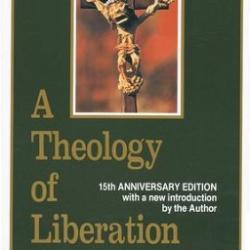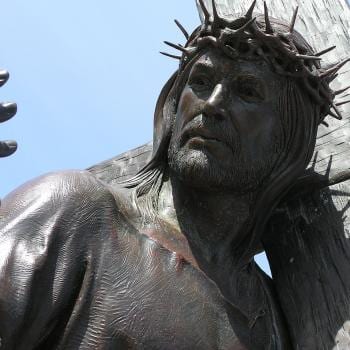Liberation theology was a new kind of theology that started developing within Christianity in the 1960’s[1]. Gustavo Gutierrez, who is known as the father of liberation theology, was a priest in Peru. Over the course of his ministry he saw the oppression that the poor experienced and developed a heart for them. In the introduction of his book, titled A Theology of Liberation, Gutierrez describes the purpose of the book. It is to reconsider the practice of the church among... Read more

















